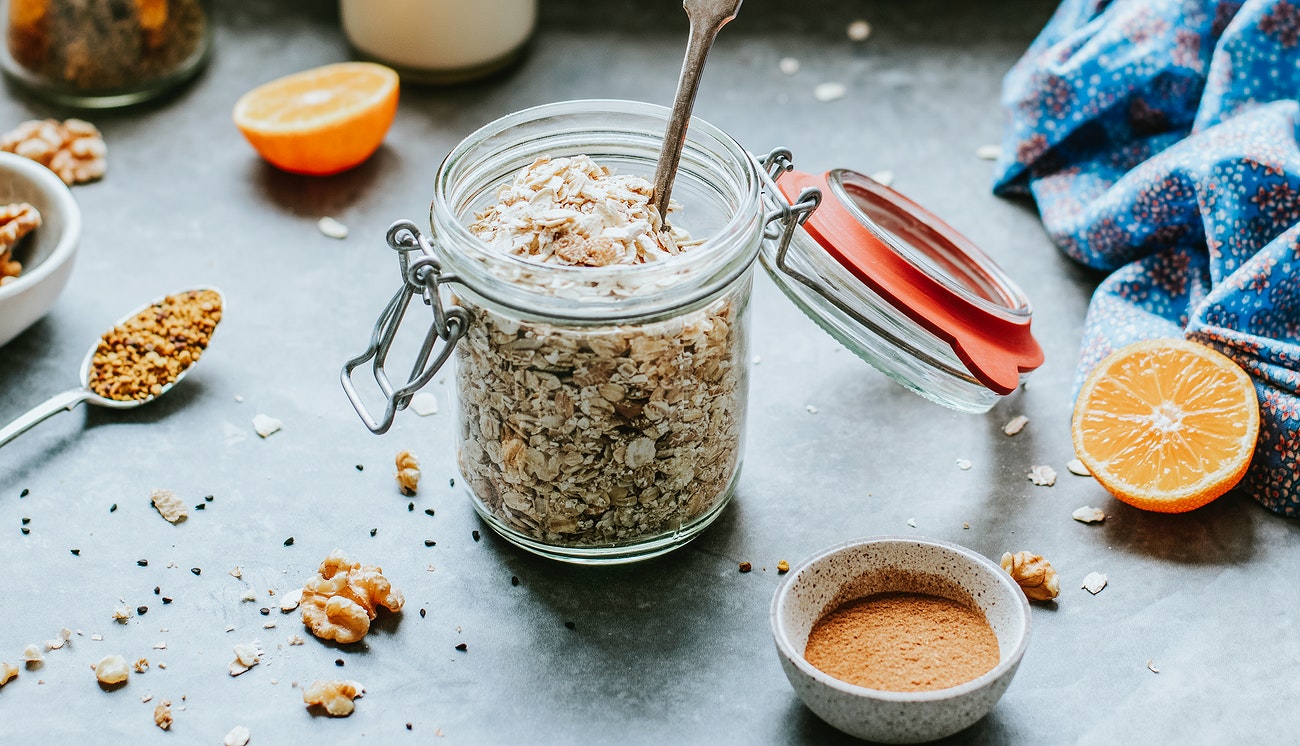
Food Sensitivities
Food Sensitivities & Intolerances!
Do you feel your best when you wake up in the morning, but by the end of the day, you’re feeling bloated, gassy, lethargic, and stuck with an unsettled stomach? We’ve all been there! Today we are going to talk about food sensitivities and intolerances.
If you are constantly dealing with digestive distress, you could be dealing with a food intolerance/sensitivity/allergy. Digestion happens in the gut. And the gut being our second brain determines how we feel mentally and physically each day. It’s crucial that we make it a happy place.
Do you have any of these systems?
Bloating, Abdominal pain, Gas, Diarrhea, Constipation, Nausea, Acid Reflux, Heartburn, Rashes, Brain fog, Low energy? Depression (in some cases due to a bacteria overgrowth), IBS, unexplainable weight gain, or frustration with weight loss?

Unfortunately in today’s world, these symptoms are commonly “diagnosed” with the term IBS (irritable bowel syndrome). But oftentimes it’s very hard to actually have a clear direction on how to elevate these symptoms because they are not normal.
Foods that commonly create digestive distress and inflammation in the gut are:
Gluten (barley, spelt, rye, wheat), dairy, corn, soy, eggs, artificial sweeteners (sucralose, aspartame, xylitol, erythritol…etc.), coffee/caffeine, FODMAP foods (foods that ferment in the gut and aren’t the easiest to digest).
My best advice is to try and pinpoint what is causing the issue and avoiding it completely. Yes it could take some adjusting too, but it’s worth it and your gut will thank you!
Tips for Pinpointing Your Digestive Issues:
- Keep a food diary! In most cases, a lot of us are already tracking our macros so we already keep a food log. However, I encourage you to become very specific if you think you might be dealing with food intolerances
- First, be consistent with the foods you are eating, the things you are drinking, sweeteners you are using, and at the time of day you are consuming these things. Do not add anything new things to the mix. Be consistent for 7-14 days.
- Write it down in your food journal and how you feel 10 minutes after consuming them and again at 60 & 90 minutes.
- After a couple of days of doing this, you should start to see what time of day you start to feel bloating, gas, digestive disturbances set in.
- Try taking 1 tablespoon of Apple Cider Vinegar before meals. It will stimulate the HCL in your gut to help break down the food for digestion.
- Try to avoid drinking water immediately before and 20 minutes after your meal. This allows for your stomach acid to properly prepare and digest the food. If you have low stomach acid like myself, not drinking water during and 20/30 minutes after meals is key!
- However, you need to stay consistent with water intake at other times throughout the day! Water intake at roughly 1 gallon (4 liters) per day will alleviate any stress your body might have from being dehydrated. When your body is not hydrated enough, it holds more water – when you are hydrated, it holds less water. By remaining hydrated, you can remove a point of inflammation from your body so it’s easier to note any food-related reactions.
- Process of elimination: Once you hopefully recognize a pattern of a specific food that might be triggering digestive issues, remove it from your diet one at a time and see how your body responds.
Sincerely,
Randi Kennedy
Confidence by Randi Founder



